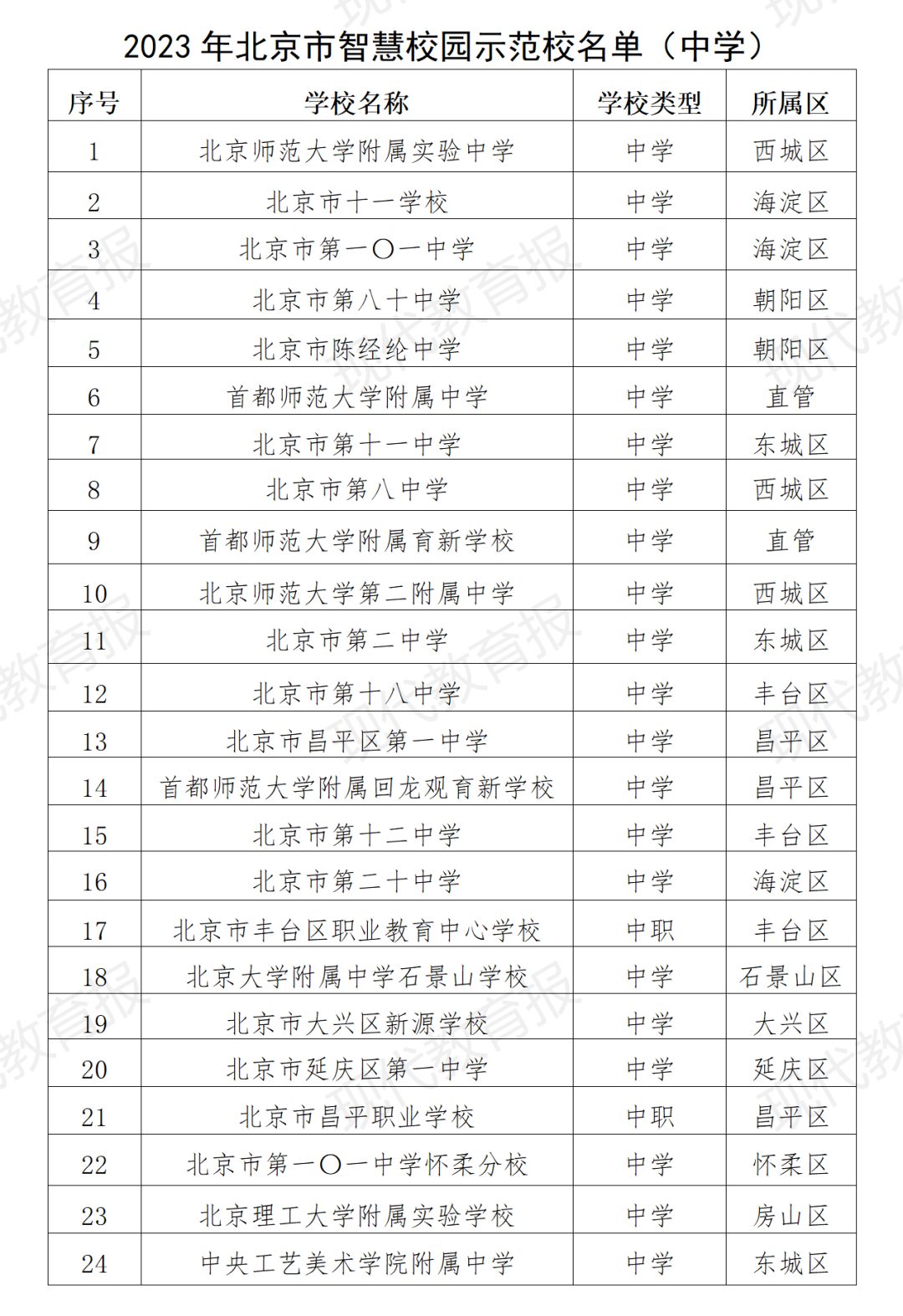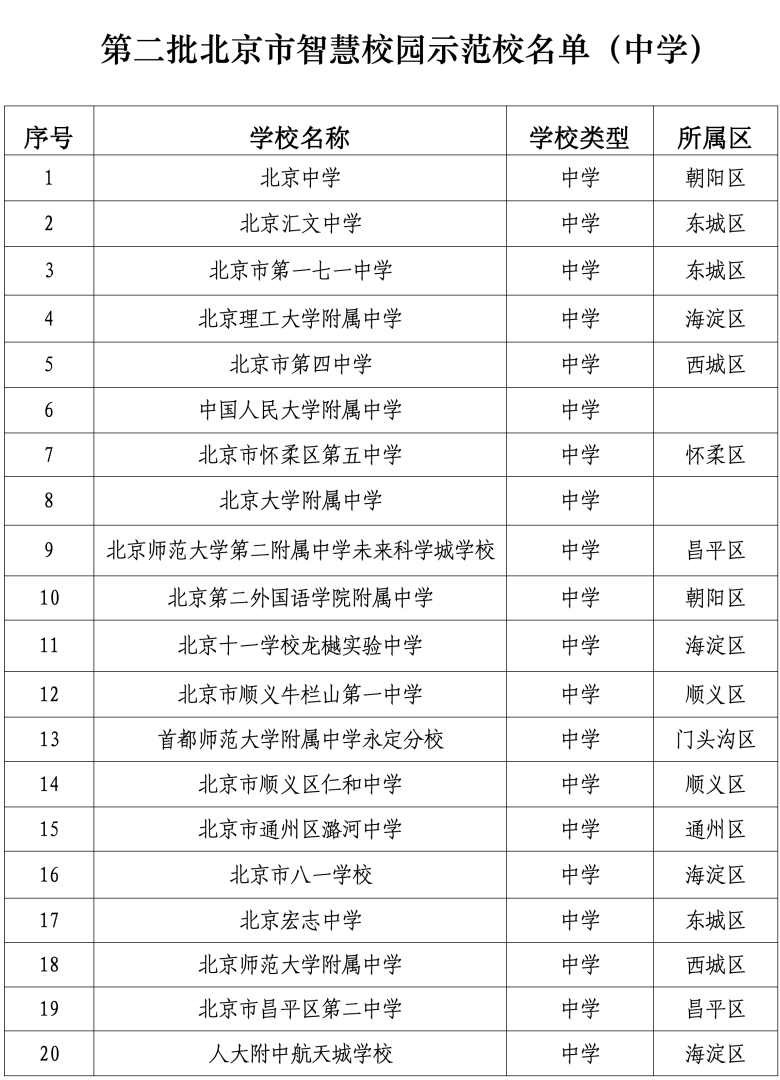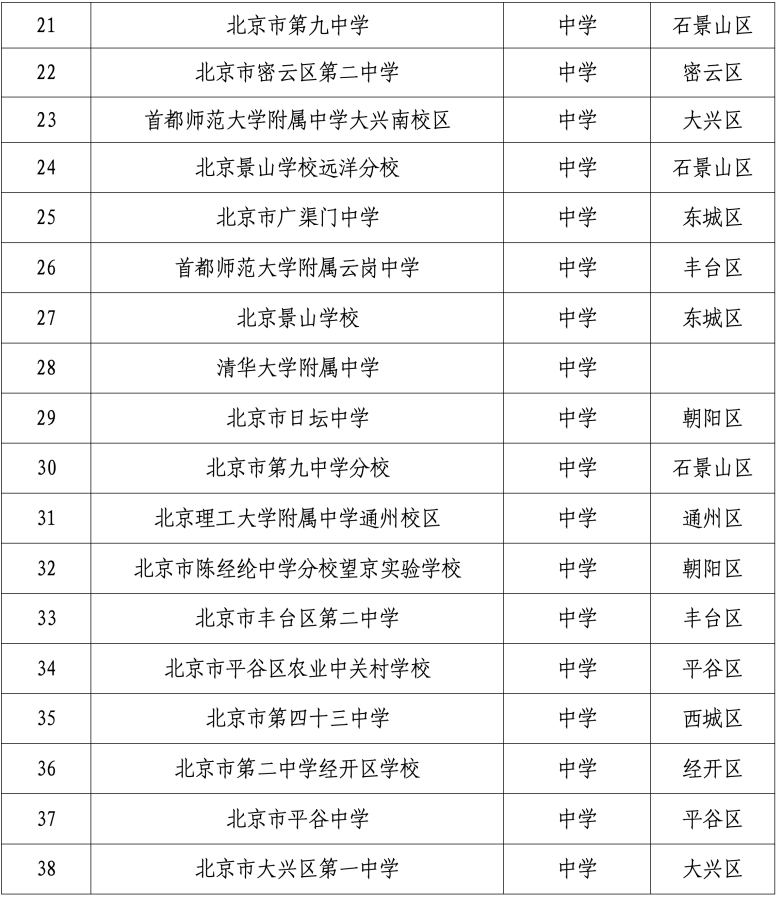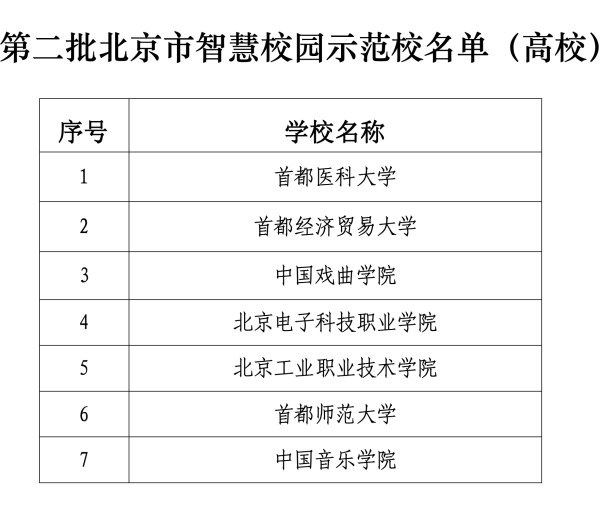On October 26, at the 2024 Beijing Digital Education Work Promotion Conference, the "Beijing Artificial Intelligence Application Guide in Education" was released, clarifying the application specifications of 29 typical scenarios of artificial intelligence in six key education fields, and guiding schools, teachers and students Carry out application practice in a steady and orderly manner. Two key tasks of artificial intelligence in education have been launched to make new technologies more "understanding" of education.
The newly released guide is the first guide for the application of artificial intelligence in education developed by the Beijing Municipal Education Research Department. It will standardize the application of artificial intelligence in school education and provide systematic guidance for educators. Combining domestic and foreign policies, theoretical research and practical applications, as well as surveys and analyzes conducted for teachers, students and parents of primary and secondary schools in this city, the "Guide" clarifies the use of "wisdom" to assist teaching, "wisdom" to assist students, and "wisdom" to assist evaluation, There are 29 typical scenarios in 6 key application areas: assisting education with intelligence, assisting research with intelligence, and assisting management with intelligence, covering all key application levels of artificial intelligence in school education.
AI (artificial intelligence) learning companions assist in planning learning paths, language learning assistants help improve speaking and listening skills, and VR (virtual reality) technology is used to simulate immersive learning experiences... The "Guidelines" make it clear that schools should focus on "student-centered" Center" concept, actively use artificial intelligence technology to assist students in personalized learning, research and practice, and promote students' independent learning abilities and the development of exploratory and innovative thinking in different learning environments.
Empowering "teaching and evaluation" with artificial intelligence technology, the "Guide" guides schools to use artificial intelligence to build a diversified evaluation system for teachers and students; actively use artificial intelligence technology in intelligent reading, intelligent physical training, intelligent aesthetic education, and personalized psychology Support practical exploration in other aspects; actively build a new intelligent teaching and research ecosystem with the help of artificial intelligence; use artificial intelligence to achieve multi-modal, panoramic, and dynamic campus intelligent management.
"During the development process, we fully considered the impact of artificial intelligence technology on students of different ages to ensure that the ultimate goal of technology application is to promote the healthy growth of students." Feng Hongrong, president of the Beijing Academy of Educational Sciences, said that the "Guide" emphasizes critical thinking Use the concept of artificial intelligence to "establish regulations" for the application of artificial intelligence in schools. For example, schools are not allowed to use artificial intelligence to endanger national security and interests, damage the country's image, or promote content prohibited by laws and regulations, and are not allowed to violate basic education and teaching laws and students' physical and mental growth laws. Schools, teachers and students should fully understand the risks, limitations and shortcomings of generative artificial intelligence, and strictly protect personal privacy and sensitive information.
The city will also set up a dynamic adjustment mechanism to ensure that the content of the "Guide" is optimized as technology develops and educational needs change, and to help schools continue to improve their artificial intelligence application strategies.
The construction of high-quality artificial intelligence data sets and artificial intelligence application test fields in the field of education was simultaneously launched. This city will develop an artificial intelligence data platform in the education field, and extract knowledge systems, professional terms, algorithm rules and expression logic with educational characteristics around the "five educations simultaneously" to provide data support for the implementation of large-scale models in the education field; use artificial intelligence applications Conduct evaluations at the test site to form general evaluation standards for intelligent education that conform to the laws of education and teaching, accelerate the compliance access of large artificial intelligence models in the education field, regularly carry out dynamic monitoring of artificial intelligence products after entering schools, and create a healthy and orderly application atmosphere .
Further reading
103 schools were selected as “Beijing Smart Campus Demonstration Schools”
Starting from 2023, Beijing will select a number of digital education application scenarios with Beijing characteristics and outstanding highlights to guide schools to create a new generation of learning environment empowered by new technologies to comprehensively serve students' high-quality learning and growth. Among them, 41 schools will be selected as the first batch of smart campus demonstration schools in 2023; this year, 62 schools will be selected as the second batch of Beijing smart campus demonstration schools. So far, a total of 103 schools in the city have been selected.






